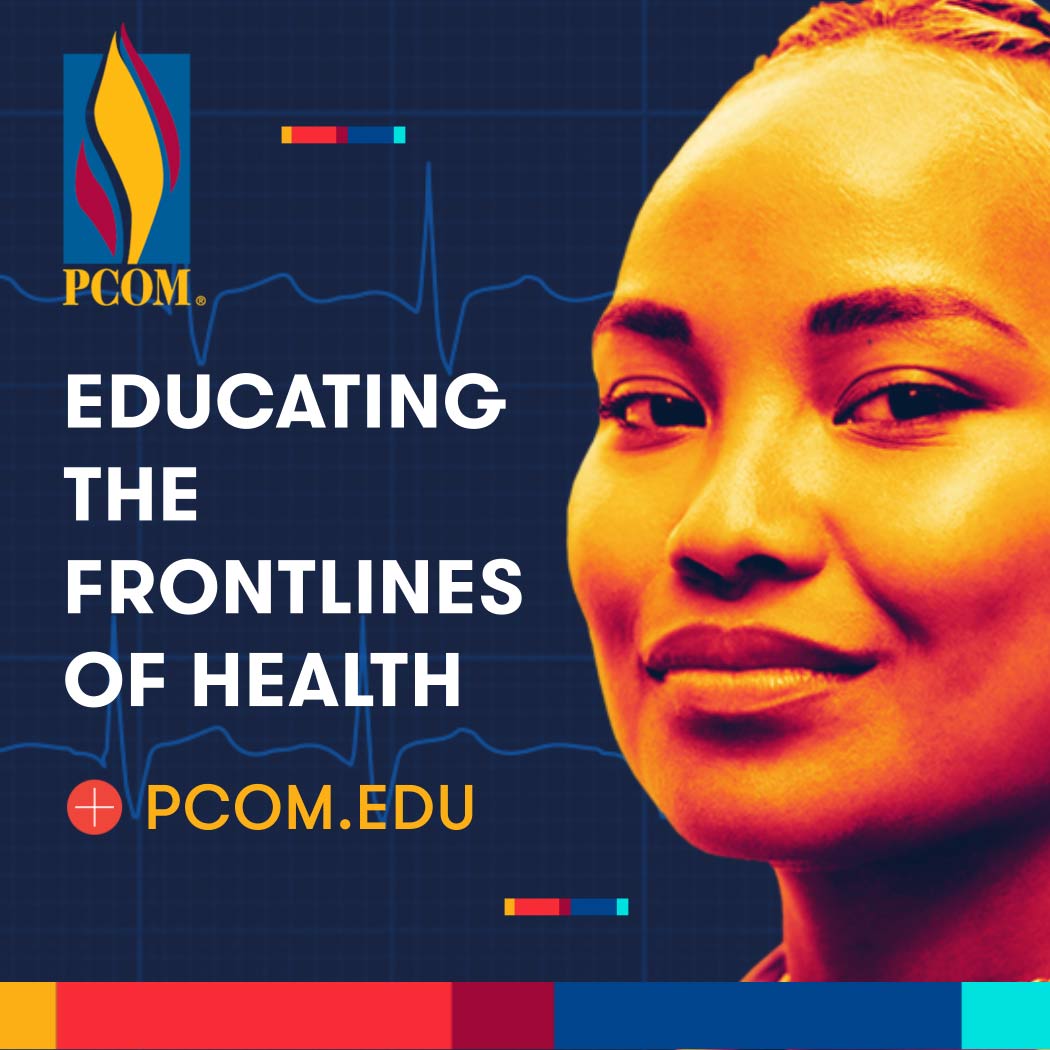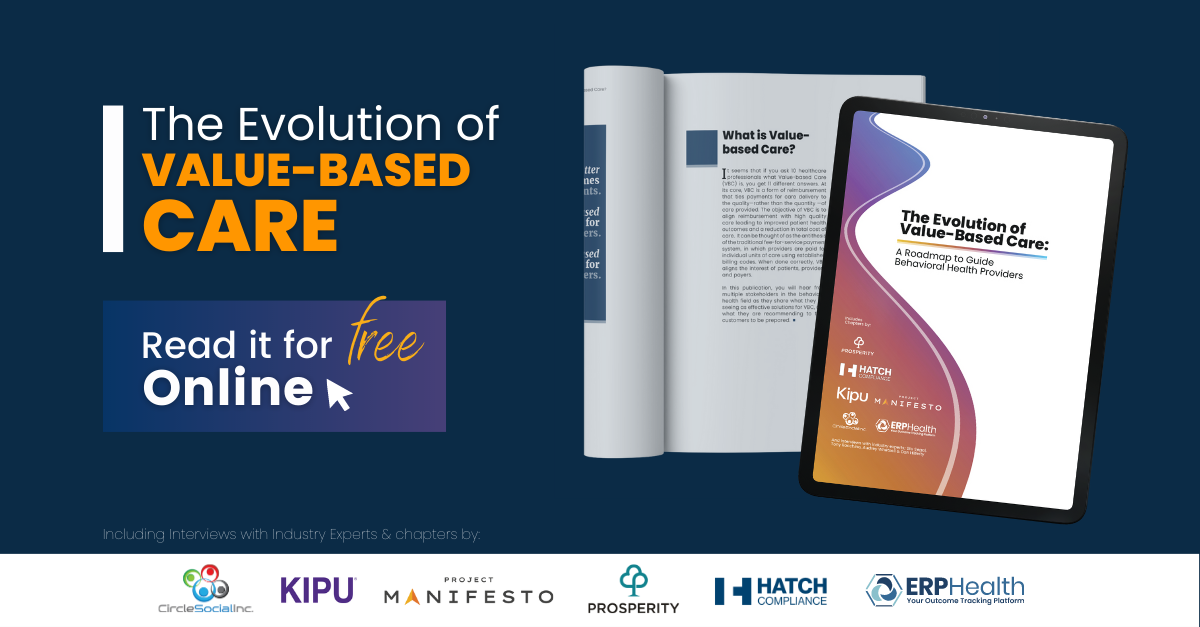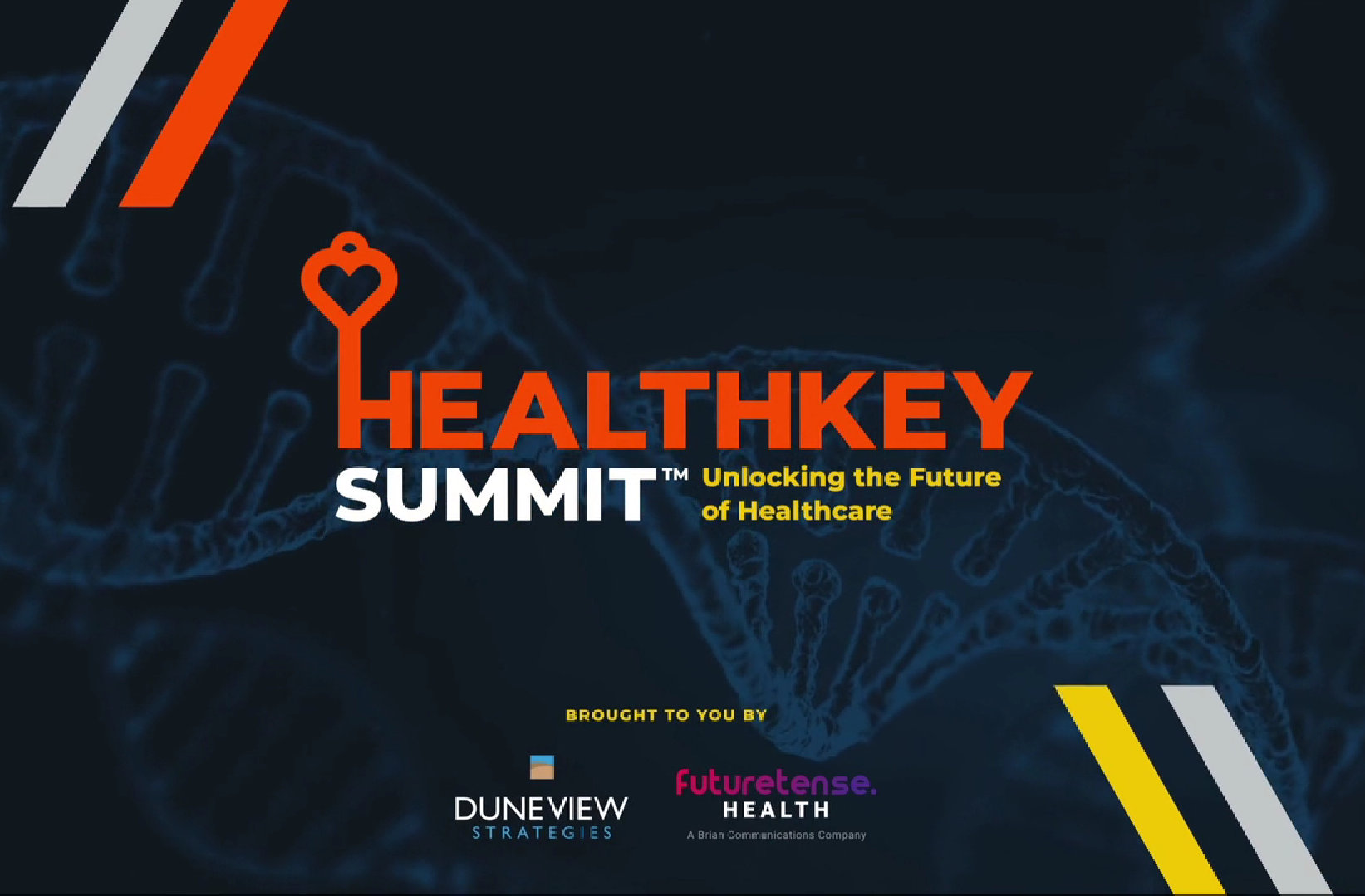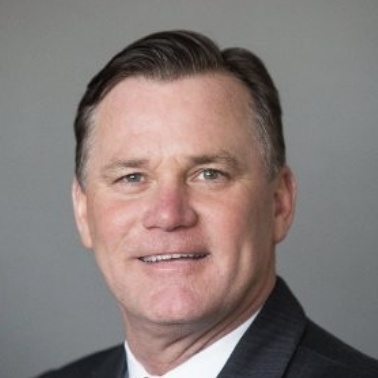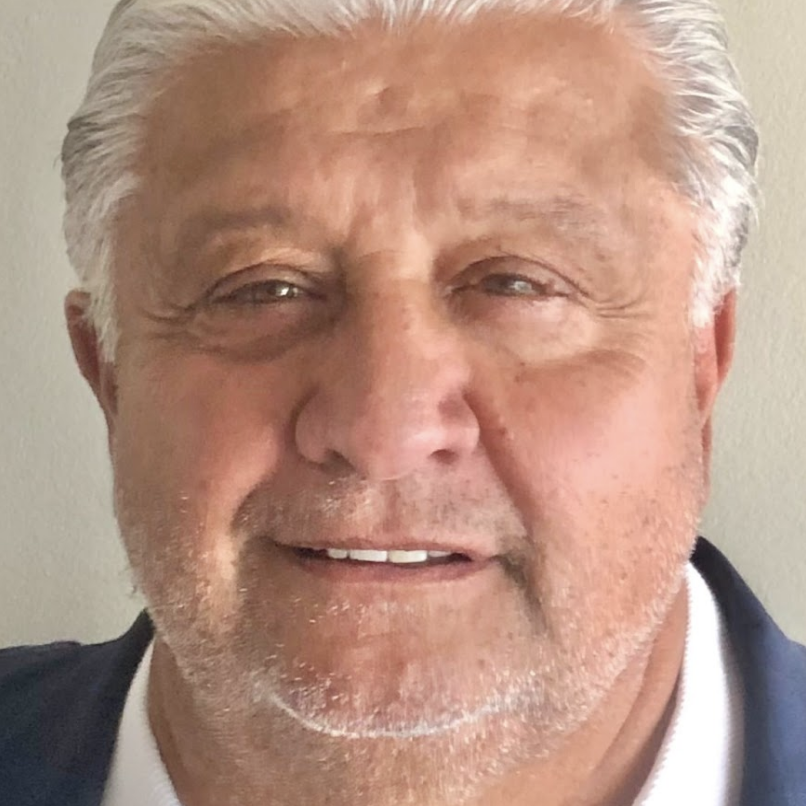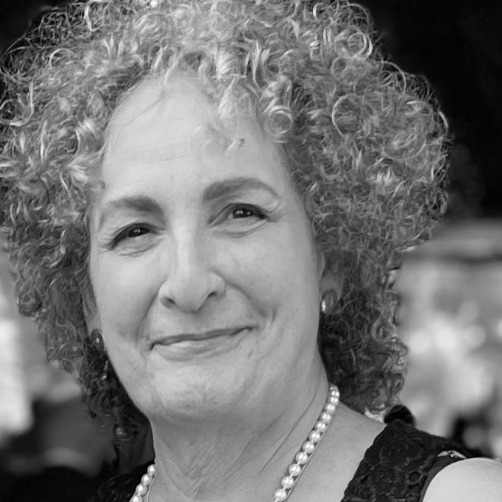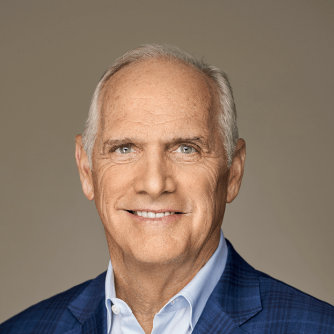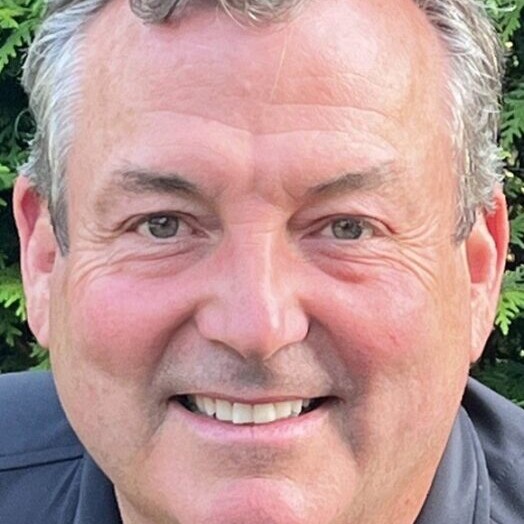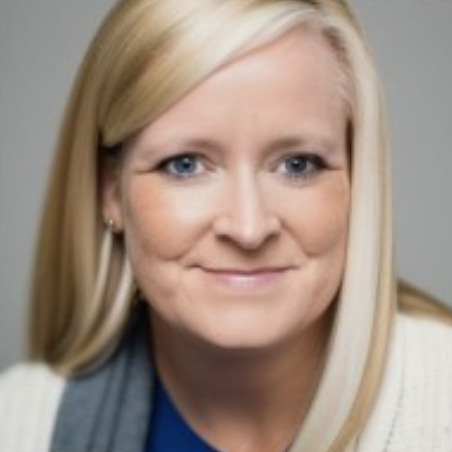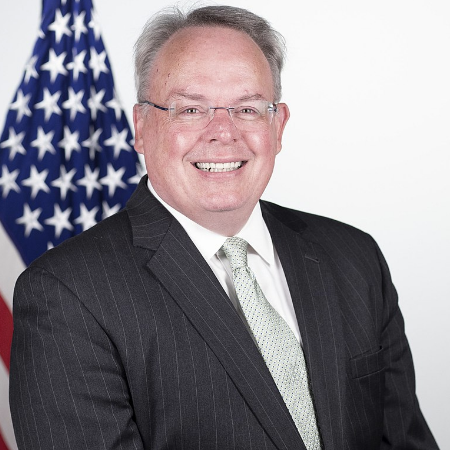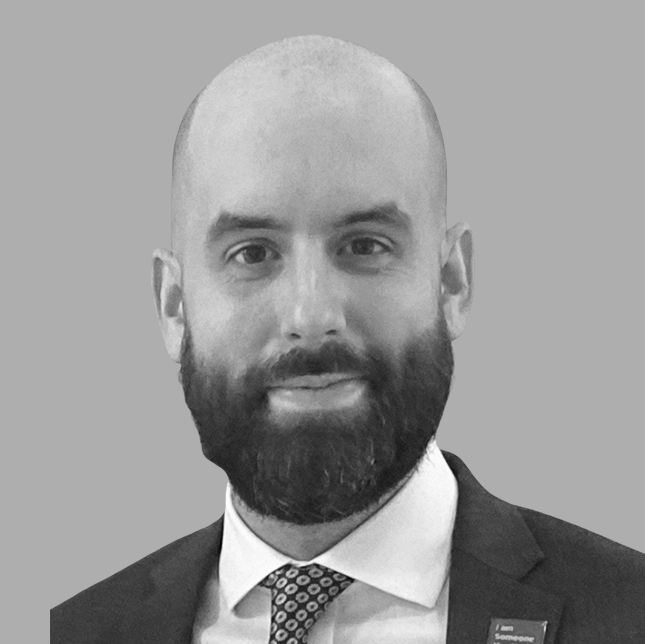Dr. Mullen's Dissertation Study: Mental Health Professionals’ Perception of Medications for Opioid Use Disorder
The DEA appears to have filed for a temporary extension of telehealth flexibilities for medications for opioid use disorder (MOUD) beyond the public health emergency.
Our Chief Clinical Officer & Cofounder, Dr. Patrick Mullen's study—recently published online in Philadelphia College of Osteopathic Medicine’s Digital Commons—may shed some light on why reinstating restrictions on MOUD is something we should reconsider:
- Medications for opioid use disorder work. The evidence is unequivocal: MOUD keep people alive and significantly improve treatment outcomes (with or without adjunctive therapy) *
- Currently, MOUD is markedly underutilized in opioid use disorder (OUD) treatment. Merely one-third of substance use disorder treatment centers offer any form of MOUD and only 30% of individuals with OUD (the small portion that are diagnosed and treated) receive any form of MOUD. *
- In this survey of OUD professionals (clinicians or researchers that work directly with individuals with OUD) aimed to examine characteristics of groups (clinicians vs. researchers, years of experience in the OUD field, and direct exposure to MOUD) in relation to their utility ratings of MOUD (how “helpful” they rated the use of MOUD in treating OUD)
- Statistically significant differences between groups were found. Researchers rated MOUD significantly more favorably than clinicians. Professionals with more than 10 years in the field rated MOUD more favorably than professionals with less than 10 years of experience.
- What do this study's results indicate? Researchers and longer-tenured professionals have more access, exposure, and contribution to the scientific literature as well as real-world experiences with the OUD population and are therefore more aware and supportive of the effectiveness of MOUD.
- The study’s results suggest that the perception of MOUD could be enhanced by an increase in training and education.
- Here are some suggestions: (a) Targeted training that emphasizes the efficacy of medications, portrays OUD as a treatable condition, and illuminates personal narratives of people who are effectively treated with MOUD; (b) Academic detailing that involves visits to health care providers by trained professionals who can provide tailored training and technical assistance specifically designed for MOUD education and; (c) Improvements in continued education requirements for SUD professionals and nonclinical support staff.
- While it is encouraging to see behavioral health startups (e.g., Workit Health, Eleanor Health, Quit Genius) aiming to improve access to MOUD, recent barriers demonstrate that the misguided stigma associated with OUD in general, and MOUD in particular, persist.
Find the full publication here: Dr. Mullen's Dissertation Transcript
Why Does Recovery Capital Matter Now More Than Ever?
Recovery Capital (RC) are the resources that people in recovery rely on to sustain and enhance their lives—internal resources such as coping skills, resiliency, and perseverance as well as external assets such as supportive relationships, peer support, and meaningful work/employment.
Although the term was coined over 20 years ago (Granfield & Cloud, 1999), RC’s utility is only recently getting the attention it deserves. RC can be categorized in the following domains: (a) personal capital (qualities such as resiliency); (b) social capital (networks and supports that the individual can draw from) and (c) community capital (resources from the individual’s local community such as affordable housing and training/employment opportunities; Best & Laudet, 2010).
Why does Recovery Capital matter now more than ever? RC transcends traditional health screening and offers a more comprehensive picture of how an individual is doing on their recovery journey—identifying both strengths and areas for growth. In other words, RC is a currency of recovery—a measure of how much recovery an individual possesses at a moment in time.
RC enables a more meaningful and comprehensive assessment of recovery—insights into indicators and predictors such as global health and wellness, nutrition, social connectivity, employment satisfaction, socioeconomic status, relationship health, educational interests, and skill-building.
For example, RC enables an individual in recovery and their care team (e.g., a Manifesto peer recovery coach) to gain well-rounded insights into their strengths and potential risk areas while tracking useful outcomes and informing targeted and timely interventions. At Manifesto Health, we use RC as our barometer for progress—enabling a higher level of personalization for our nonclinical support services (in stark contrast to the one-size-fits-all addiction treatment approach).
Moreover, RC provides other stakeholders in the measurement and outcomes of treatment (e.g., providers, payers) a valid, reliable and standardized tool. This holistic measure of recovery transcends the limited and reductive measures of old—such as only tracking substance use recurrence or treatment recidivism.
RC gets us closer to an empirically testable science of recovery—one that upends traditional addiction science that emphasizes pathology over strengths and capabilities. Capturing and measuring recovery pathways and trajectories is a work in progress in addiction research. RC offers an empirically-driven and culturally-appropriate method that can accelerate addiction science and identify the elusive indicators and predictors of recovery.
As the evolution of value-based care in behavioral health continues to emerge, measurement and outcome tracking will take on a new level of necessity—and for good reason! We cannot manage (i.e., change/improve/modify/test) what we don’t measure—and Recovery Capital measures what matters.
The Evolution of Value-Based Care Publication
We are excited to present the new value-based care provider resource, the Value-Based Care Roadmap. This roadmap is designed to be an industry-leading guide for addiction treatment and mental health providers as the industry shifts from fee-for-service to value-based care.
Access it for free here: The Evolution of Value-Based Care
In this publication, you will find articles and interviews from nearly a dozen leading experts in the behavioral health field. They share best practices and recommendations for how providers can thrive in value-based arrangements.
Tapping into decades of experience and perspectives from multiple stakeholders, the Value-Based Care Roadmap offers a comprehensive understanding of value-based care and is a resource that providers will be able to visit again and again to navigate the rapidly changing reimbursement landscape.
Be sure to check out Chapter 7 titled, “Peer Support Workers in VBC” where our cofounders Pat and Dan delineate the role of peer support as an innovative solution—along the continuum of care—in the transition to VBC arrangements.
A big thanks to our partners at ERPHealth for masterfully producing this roadmap.
Peer Support Workers are an Underutilized Solution the Behavioral Health Industry Needs
The research is clear—peer support works. If you’re looking to check out the robust empirical support for the effectiveness of peer coaching, check out our prior blog post: The Impact of Peer Recovery Coaching.
At Manifesto Health, our peer recovery coaches extend care into real-world scenarios where it’s needed most—such as returning home after treatment, going back to work, and reaching the crucial one-year mark in recovery.
Our peer support workers use their lived experience of recovery, combined with our extensive and continuous training/supervision, to assist people in initiating and maintaining recovery. Through shared understanding and mutual empowerment, peer support workers can fill the gaps in support that clinical care cannot reach.
We want to be deliberately clear here: our peer-led support is not a replacement for clinical services such as psychotherapy and medications—but it can enhance and reinforce them. Moreover, individuals in different stages of their recovery may not elect to use clinical services (or may not have access to them), but could benefit from accessible and affordable peer support.
There’s an estimate of over 20 million individuals in recovery living in the US. While not everyone in recovery will choose to be a peer support worker, even a small portion of the recovery population that elect to become peer support workers can fill the problematic shortages of behavioral health professionals.
Currently, the shortage of behavioral health providers is posing a major barrier to effective care—and people in need are paying the price. Furthermore, if the client is willing to tolerate the long wait-lists and limited access, outpatient psychotherapy is expensive and many behavioral health providers do not take insurance because of poor reimbursement rates by insurers.
Peer support services create much greater access to care-delivery by providing localized, affordable, and effective services that keep people connected to care for longer durations. While peer support services are not a replacement for clinical care, they are an underutilized resource that should be implemented in more outpatient settings along the continuum of care.
In Pennsylvania, approximately 55% of SUD treatment centers offer peer services of some kind. However, most of these services are limited to a few peer staff that support inpatient clients. Employing peer support workers in greater numbers in outpatient settings is the key to facilitating long-term engagement and connection to the continuum of care. A commitment to long-term recovery is no easy feat—and should come with a longer-term support plan than clinical treatment typically offers.
Simply put, addiction is a behavioral condition that requires long-term engagement for the best likelihood of sustained behavior change. At Manifesto Health, our peer recovery coaches offer accessible and affordable support with understanding and empathy that only a peer can offer.
HealthKey Summit
Our Co-Founder and CEO, Daniel Hilferty, sharing the Manifesto mission.
We had an incredible week in Philadelphia attending the inaugural HealthKey Summit. It was a complete honor to share the stage with amazing leaders like Patrick Kennedy, Greg Deavens, Steve Collis, Bradley F Sorte and so many others. The event was full of thought-provoking discussions about the future of healthcare alongside leaders from Comcast, AmerisourceBergen, Penn Medicine, University of Pennsylvania Health System, Spark Therapeutics, Inc., Independence Blue Cross and more.


